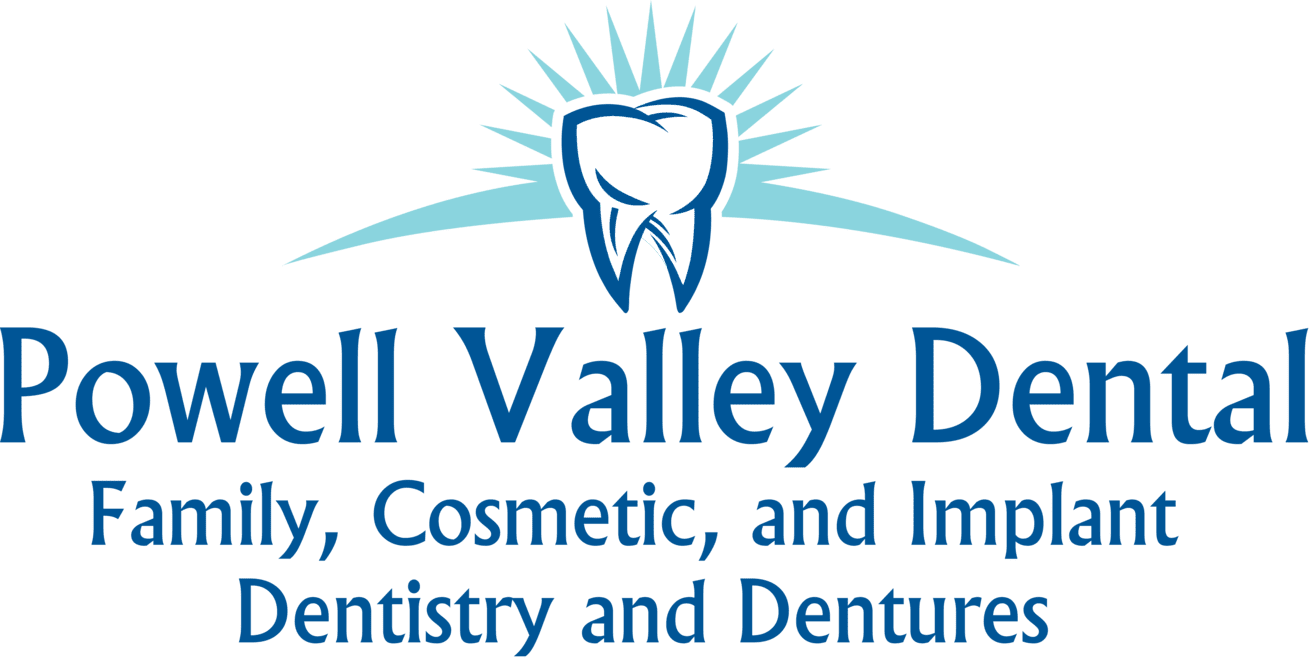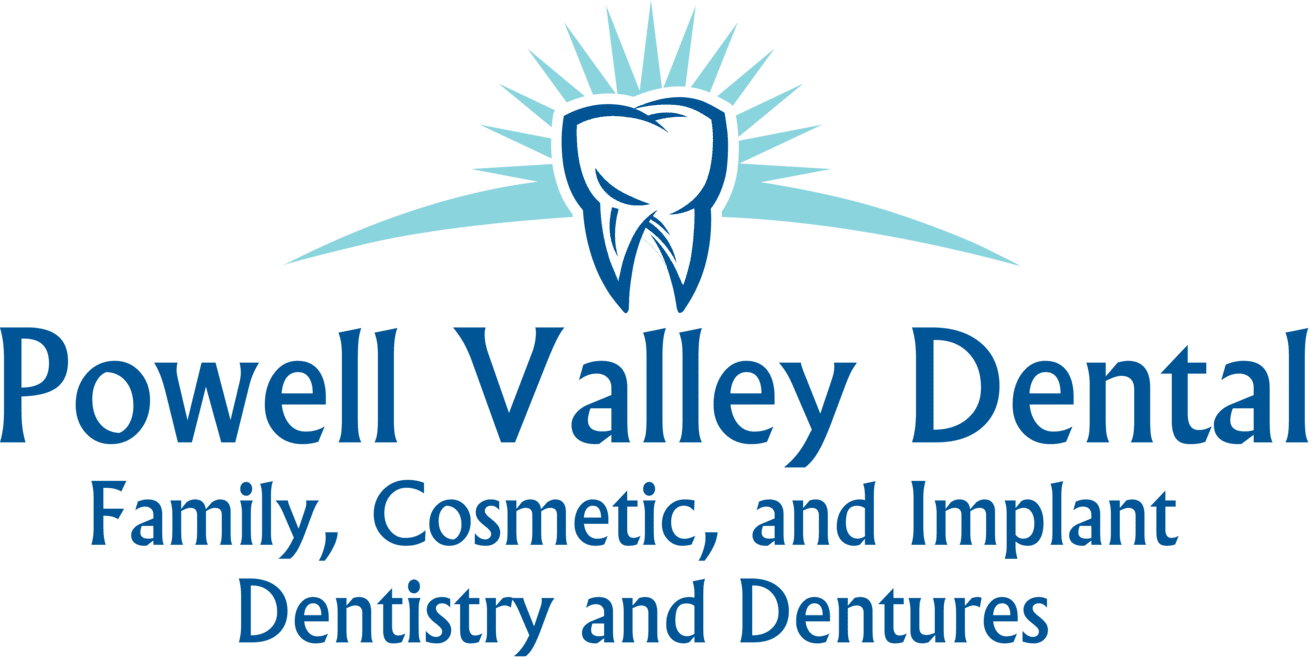Failing, Missing, or Knocked-Out Teeth
Understanding Tooth Loss and Trauma
Failing, missing, or knocked-out teeth are serious dental concerns that can arise from decay, injury, infection, or underlying health conditions. A failing tooth may still be in place but is weakened due to decay or structural damage, while a missing tooth is entirely absent from the socket—either lost due to trauma, extraction, or developmental absence. A knocked-out tooth, also known as an avulsed tooth, is usually the result of sudden trauma and requires immediate attention. Each scenario affects more than just the look of your smile; they can impact chewing, speech, jaw health, and lead to further dental complications if left untreated. Timely care is essential to restore function, prevent bone loss, and preserve long-term oral health.
What to Do and When to Act
The actions you take immediately after noticing a failing or missing tooth can make all the difference. If a tooth is cracked, loose, or failing, avoid chewing on it and keep the area clean until you can see our dentist. If a tooth has been knocked out, act quickly and hold it by the crown (not the root), rinse gently in milk or saline, and attempt to place it back in the socket if possible. If that isn’t feasible, store it in milk and get to Powell Valley Dental or an emergency care provider right away. Depending on the case, we may reimplant the tooth or provide a replacement such as a dental implant, bridge, or denture. Early intervention is key to achieving the best outcome.
Recognizing and Managing Dental Implant Failure
Dental implants are a reliable and long-lasting solution for missing teeth, but on rare occasions, they can fail. Early implant failure occurs within the first few months and is often due to poor integration with the bone, infection, or movement of the implant. Late failure may develop years later due to gum inflammation, bone loss, or complications with the prosthetic components. Signs of implant failure include pain, mobility, swelling, or gum recession around the implant site. At Powell Valley Dental, we assess and manage implant complications with targeted care—ranging from non-invasive therapies to surgical interventions like implant removal or bone grafting. Regular maintenance, proper hygiene, and routine checkups are essential for protecting your investment and ensuring implant success over time.


